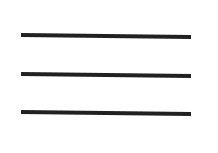


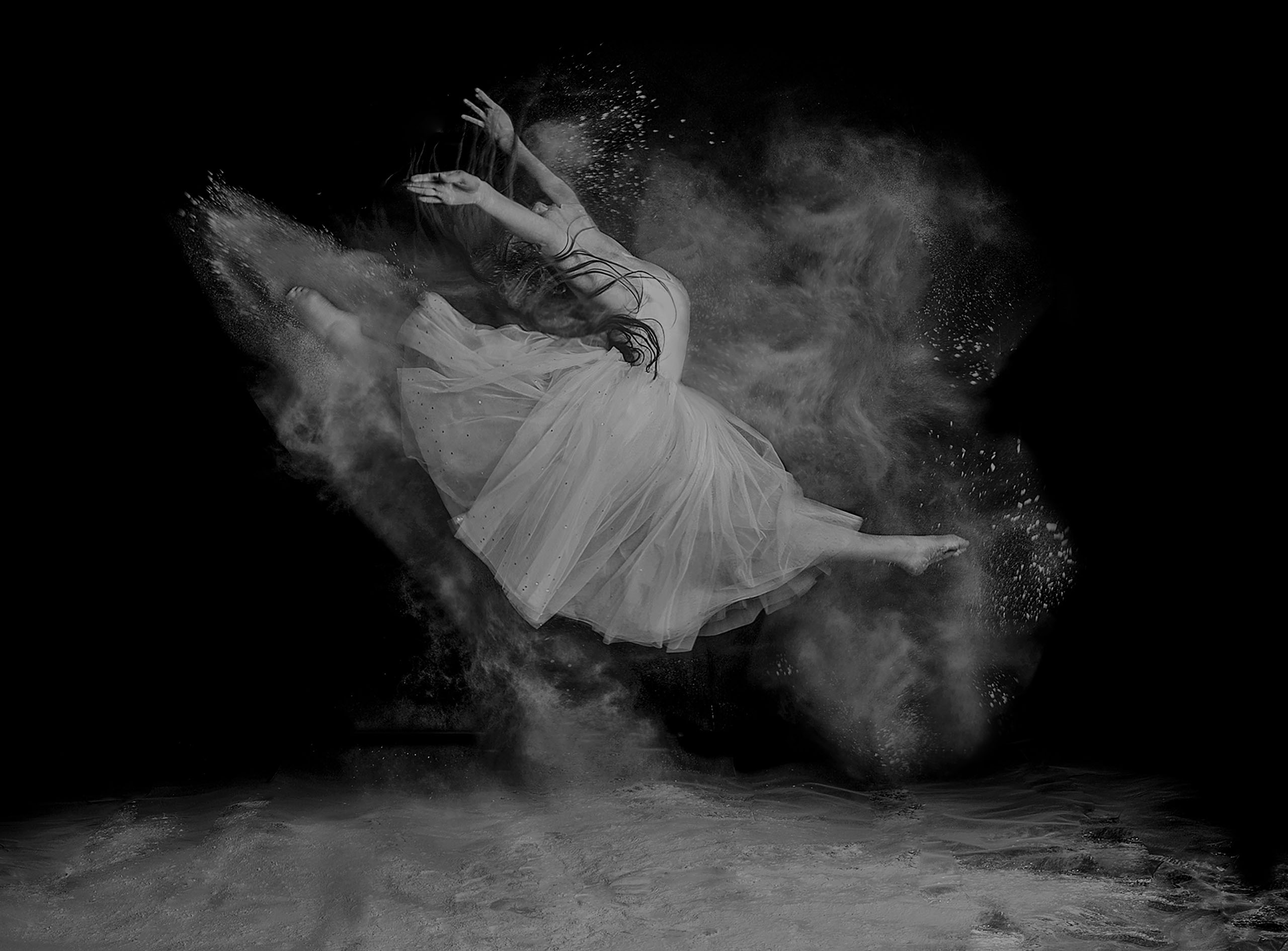
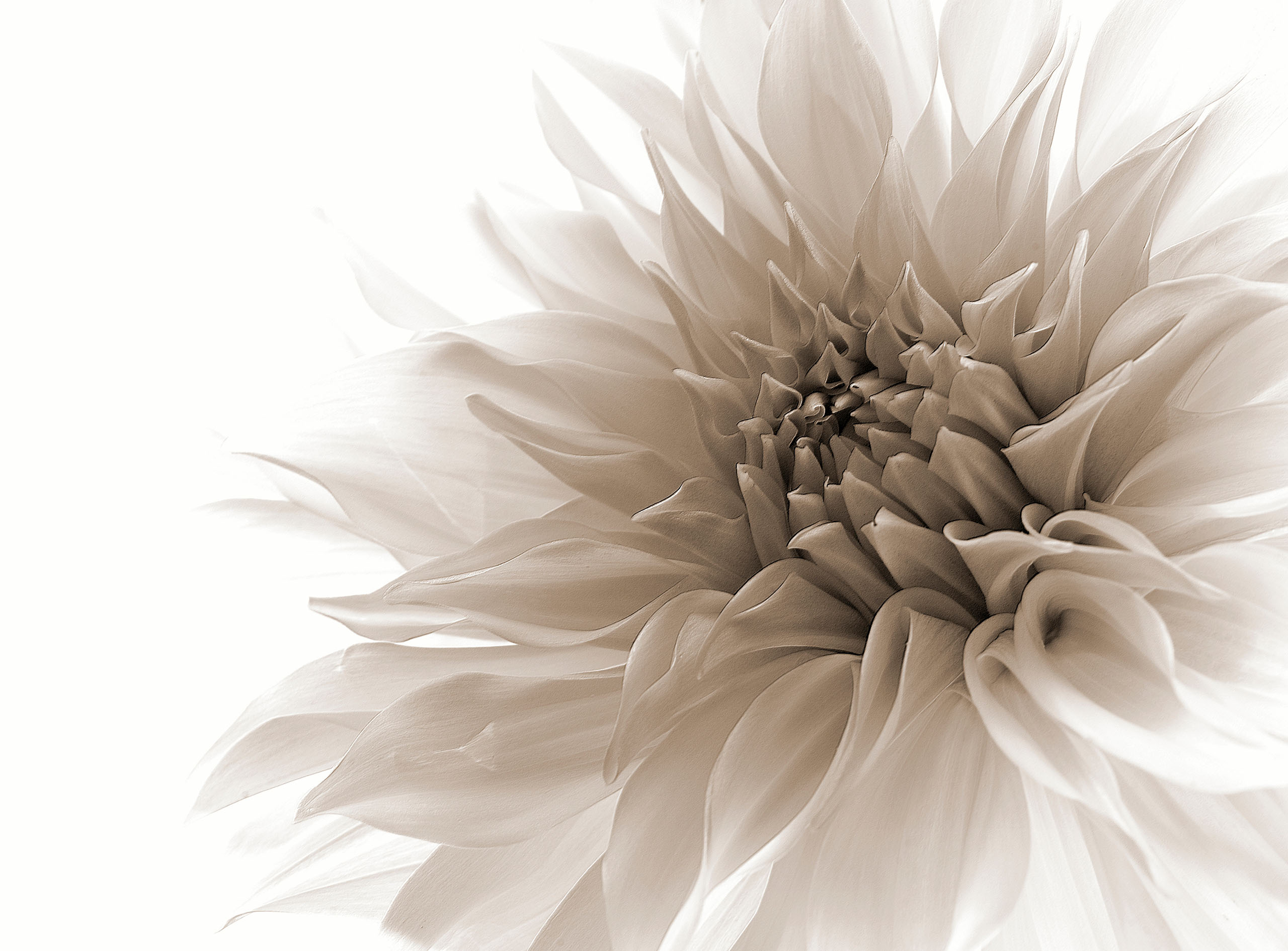
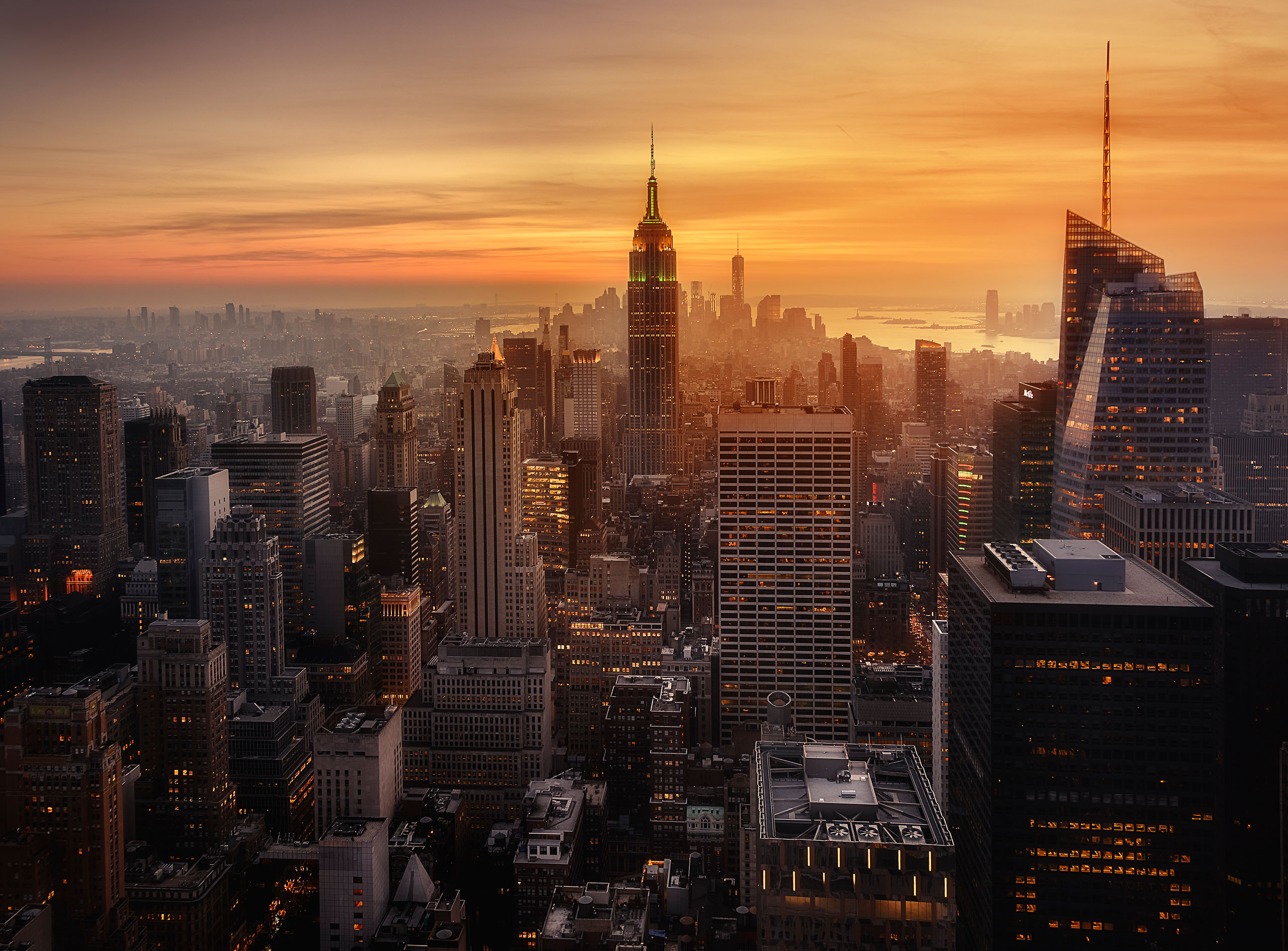
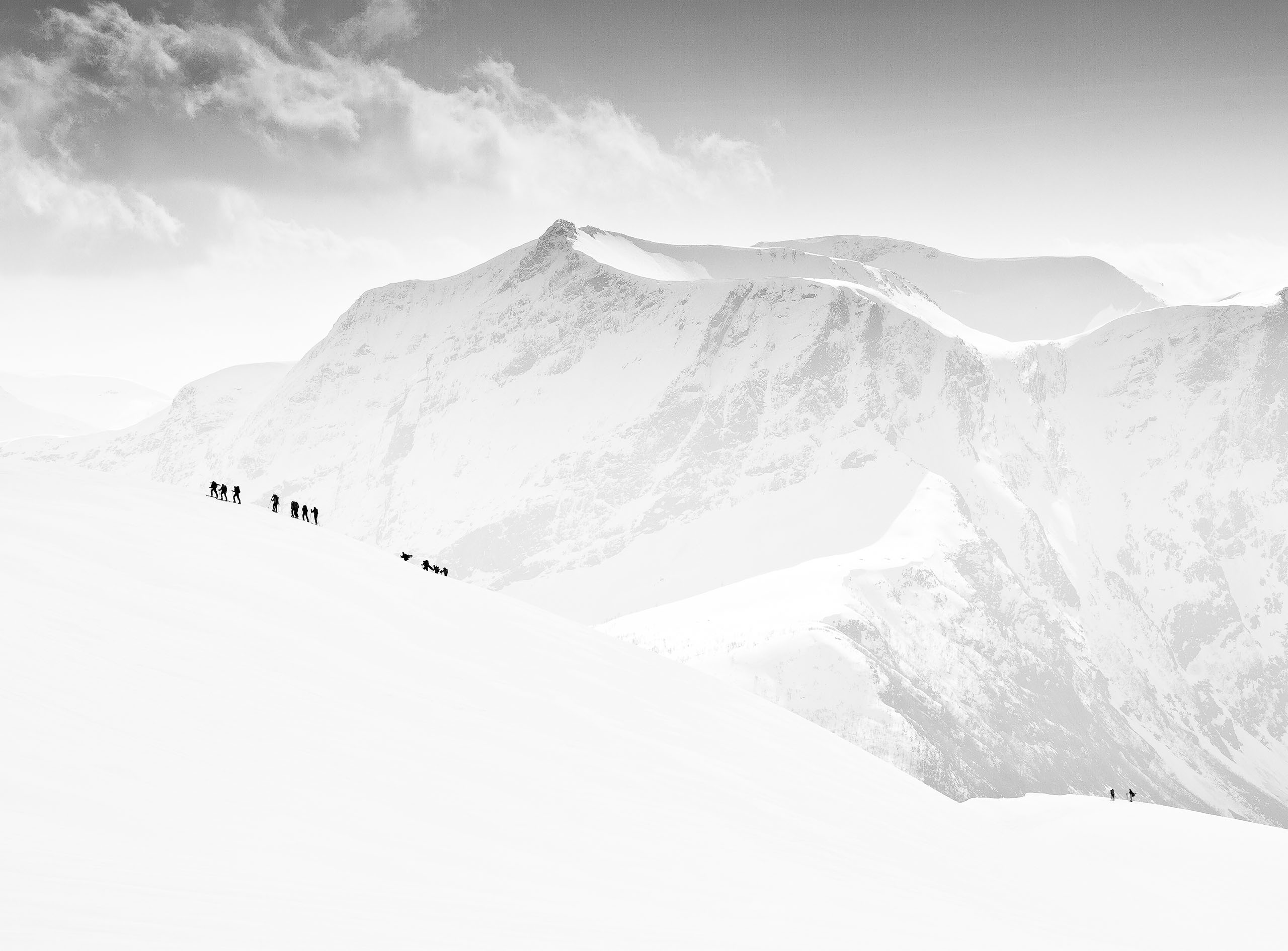
|
|
|
|


Interview led by Yvette Depaepe
Published the 15th of August 2022
Klaus Tesching quotes: 'Photography is the manifestation of the past and the present. It is an Art to let time stand still for a tiny moment and to mentally process it again in the near or distant future. For me, photography is a kind of philosophy to deal with the past. And more importantly, I enjoy taking photos and editing images.' Over the years, Klaus developed his very own style and every single portrait wears undeniably his signature. Learn more about Klaus and the man behind his work through this interview.
'Silver'
Dear Klaus, first I would like to thank for taking the time to answer this questionnaire! To begin, please introduce yourself shortly and tell us more about you, your hobbies or other projects you are involved in!
My name is Klaus Tesching, born in South-Germany in 1955. I’ve retired since 2021 and I’m still working as a project manager in the IT world. My greatest passion is travelling to foreign countries and cultures to get to know new people and their ways of life, to experience foreign nature and to get involved with new, unknown things. This also is reflected in many of my travel pictures.
When and how did you start your photographic journey?
I started with a Kodac Instamatic camera as a kid at the age of nine. But the results were pretty bad because I didn't have a teacher who could teach me how to take good photos.
It wasn't until 1985 that I really got into photography with a Minolta 7000, the first AF camera on the market at the time. I learned how to develop my films, negatives and exposed photos and spent what felt like days in the darkroom.
I became aware of international photo competitions by chance via a German photo journal. Self-confident and probably a bit arrogant, I said to myself: “I'm sure you can do it just as well as the photographers described in the journal.”
The work and perseverance have paid off, today I can look back at several hundreds competitions I have won. I have achieved the AFIAP (EFIAP from 2023) and only take part in a few national and international competitions nowadays.
For many of us photography is either a hobby or a way of life. How would you define your relationship with photography?
Photography is the manifestation of the past and the present. It is an Art to let time stand still for a tiny moment and to mentally process it again in the near or distant future. For me, photography is a kind of philosophy to deal with the past. And more importantly, I enjoy taking photos and editing images.
What would be the most important experience so far that has influenced your steps in photography?
Ever since the beginning of my photographic career, photography has been a mixture of taking photographs and electronic image processing. My job gave me the opportunity to work in early times with computers, which were almost unaffordable at the time. So I was able to familiarize myself with image processing software in the first years of the 90s. This was also the never ending way – till today – for designing and redeveloping my photos according to my own taste.
This is not always pleasing my fellow photographers, who no longer accepted my works as photographs. Funnily enough, years later, when computing became affordable and Photoshop was on the market, the same people who condemned my earlier work, changed their mind.
Describe your overall photographic vision.
It is important to me to create images that encourage the viewer to be involved. Nothing is worse than creating photos that no one wants to see. It all starts with the image processing and high quality. It doesn't matter whether it's portraits, landscapes, sports, nature or whatever. It is important to me to develop my own style and to strengthen the recognition value.
The mood and composition in your fine art portraits are outstanding! What is your secret and why are you so drawn by this photography type?
In 2015, I had contact with Stefan Gesell from Munich. His photos were fascinating me from the first moment I discovered them and I really wanted to learn how to compose such pictures.
His works were not at all boring like the usual portraits which I had taken thousand of them myself. I subscribed to one of Stefan Gesell's workshops with his models. I had the opportunity to get into the art of dark-art-photography. As already mentioned, I had decades of experience in image processing, which now helped me a lot to create my own works. My secret? To me, it is important to capture the "soul" of the model in every situation and to reproduce it in the photograph, the rest is technology.
What are the main features of a successful portrait photographer in your opinion?
This is as easy as it is difficult. Before the shoot, talk to the model for two to three hours, explain your thoughts about the shoot, and try to build a level of trust.
After that, 15 minutes of actual photography is enough to create impressive photos.
As mentioned before, photograph the soul and not the body, everything else will take care of itself. If you don't see an opportunity to establish a personal connection to the model, don't do it, send her home.
Can you please tell us something more about your workflow from the idea to the final product.
There really aren't any big secrets. The basic idea usually comes from the models. All the work on the outfit and the look is organized by the models themselves. Usually between 200 to 300 recordings per set are made in the studio. The biggest part is after that, filtering and editing the best shots. I do this with Lightroom, Photoshop, NIK filters and a few other tools. A finished picture takes me no longer than an hour.
Where do you look to find inspiration for the visual stories you want to convey? What inspires you?
Actually, I don't look for stories at all, it often arises out of a situation. I'm not forcing any content here. Either it works or it doesn't. No compulsion, no must.
Occasionally, it happens that pictures of old or well-known artists inspire me.
Salvatore Dali is one of my favourite artists. I love surrealism and photorealism, but don't have any surreal works of mine in 1X.
Many are of the opinion that the gear is not very important when the passion for photography is strong. However, can you please share with us what gear you use (camera, lenses, lighting, tripod, etc.)?
I personally think this statement is only partially correct. Of course, you can take decent photos with smartphones these days, and there have actually been no bad cameras for a few years now.
But I myself am an advocate of good technology and even better optics. You can also see it in the photos if they are to be projected larger. If I only do social media, the statement may be true.
I own several SONY cameras, such as the Alpha II / III / IV, the Sony RX 10 IV (my jack of all trades), the ILCE 6000 and 6400. Lenses from 12mm to 600mm. My favourite lenses are the 70-200 GM and the 85mm 1.4 from Zeiss. I have a few tripods and use them regularly. I no longer have any studio equipment because I can get everything I need for a set from a rental studio nearby.
What would be your favourite photo? Please tell us the story behind it.
'Dubai'
The picture was made in Dubai in 2019, taken from the 124th floor of the Burj Kalifa.
Edited and filtered with Photoshop. The picture has already won a number of prizes and gold medals in various competitions.
Who are your favourite photographers or mentors whose works have influenced you and your photography?
Actually, I don't have any mentor or favourite photographer. Yes, Stefan Gesell from Munich influenced me a lot, but otherwise there is no other photographer who can be named.
Personally, I think it's important to keep looking at lots of photos and learning from them.
1X also gives me the opportunity to discover new things by looking at thousands photographs. It is important to develop your own style and not to copy others, but that often takes many years.
Now, since we have almost reached the end of this interview, I would kindly ask you to share with us your plans or photographic projects you would like to be involved in.
I am looking forward to photographing the Body painting World Championships in Klagenfurt, Austria at the end of July 2022. For me the highlight of the year.
Next I will devote myself to videography, especially the TimeLapse process.
My learning projects also include macro photography.
Is there anything else you wish to add and what do you think about 1X as a home base for your work?
I am very thankful to be a member of the 1X community. In the last few months, many of my photos have been accepted or even awarded. Thank you all for that.
You can find a big collection of my work in my Webspace: https://koreasaii.com
'Blossom'
'Ying and Yang'
'Migräne'
'Roots'
'Year 2533'
'Bonny'
'Fether'
'Waiting'
'Look Back'
'We come in peace 2'
'From Space'
'Salut'
'Air 2'
'No way'
 | Write |
 | Mars Maja Very high quality i love the way he dressed the models |
 | Klaus Tesching PRO Thank you Maja |
 | Daniel Springgay CREW Very high quality workmanship from Photographer and Models - First Class Portraiture - Congratulations to all involved |
 | Klaus Tesching PRO Thank you Daniel |
 | Emel Sefer PRO I watched with admiration |
 | Klaus Tesching PRO Thank you Emel |
 | Francesca Ferrari PRO Creative idea, everything is well thought out and presented with excellent result, Klaus. Thanks Yvette for introducing another artist, there is always something to learn from everyone |
 | Klaus Tesching PRO Thank you Francesca |
 | Dianne Mao PRO I am impressed and shocked. Creative idea, design, light, color, details, everything are well thought and presented. Great achievement, Klaus. Thanks Yvette for introducing such a great artist. |
 | Klaus Tesching PRO Thank you Dianne |
 | Federico Righi PRO Amazing gallery Klaus. Thank you very much now i'm your follower. Thanks Yvette for this other great article. Best wishes |
 | Klaus Tesching PRO Thank you Frederico |